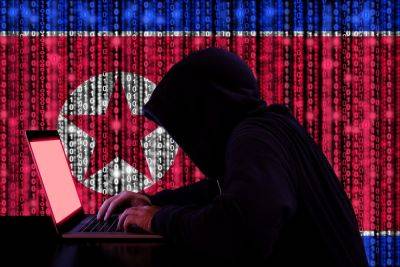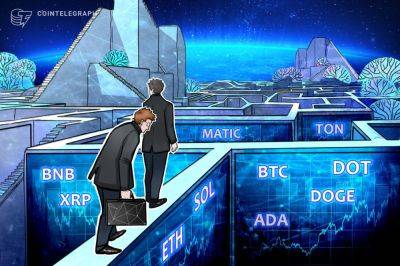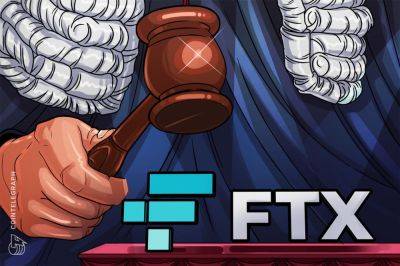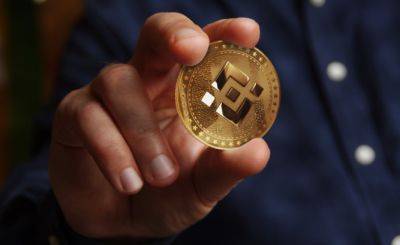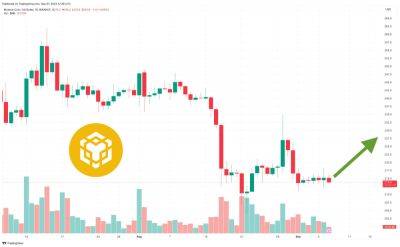Binance’s indecision to freeze BNB wallets drew controversy in this $11M rug pull
A BNB Chain rug pull scammed users out of $2 million worth of BNB ($11 million at today’s prices). Users asked Binance for help, and Binance said it had frozen the funds but then retracted the statement. The funds sat in the address for nearly two years until Binance suddenly took action to freeze the scammer’s wallet, which had grown to $10.8 million. Previously, Binance had stated that it could not freeze wallets outside of exchange addresses due to BNB Chain’s decentralized nature. Users were unhappy and demanded that Binance do more. This is the story of the PopcornSwap scam.
On Jan. 28, 2021, the BNB Chain-based decentralized exchange PopcornSwap executed an exit scam, stealing over $2 million of liquidity providers’ assets through a little-known “preUpgrade” function contained in the exchange’s smart contract. Users held out hope that Binance, which created BNB Chain, could freeze the scammer’s address. The BNB (BNB) held in the scammer’s account slowly grew to over $10 million in value as users speculated on whether or not the funds had been frozen.
An investigation reveals that contrary to popular belief, Binance is, in fact, able to freeze private wallet addresses on BNB Chain — so long as all validators consent. Although Binance ultimately froze the attacker’s address, the action occurred nearly two years after the scam. The attacker voluntarily kept funds in the original account in the intervening two years and did not move them.
In 2021, PopcornSwap became one of the first decentralized exchanges on the newly launched Binance Smart Chain (BSC), later renamed BNB Smart Chain. Some of the network’s users flocked to PopcornSwap to deposit liquidity, hoping to profit from the high trading volumes they expected to
Read more on cointelegraph.com





